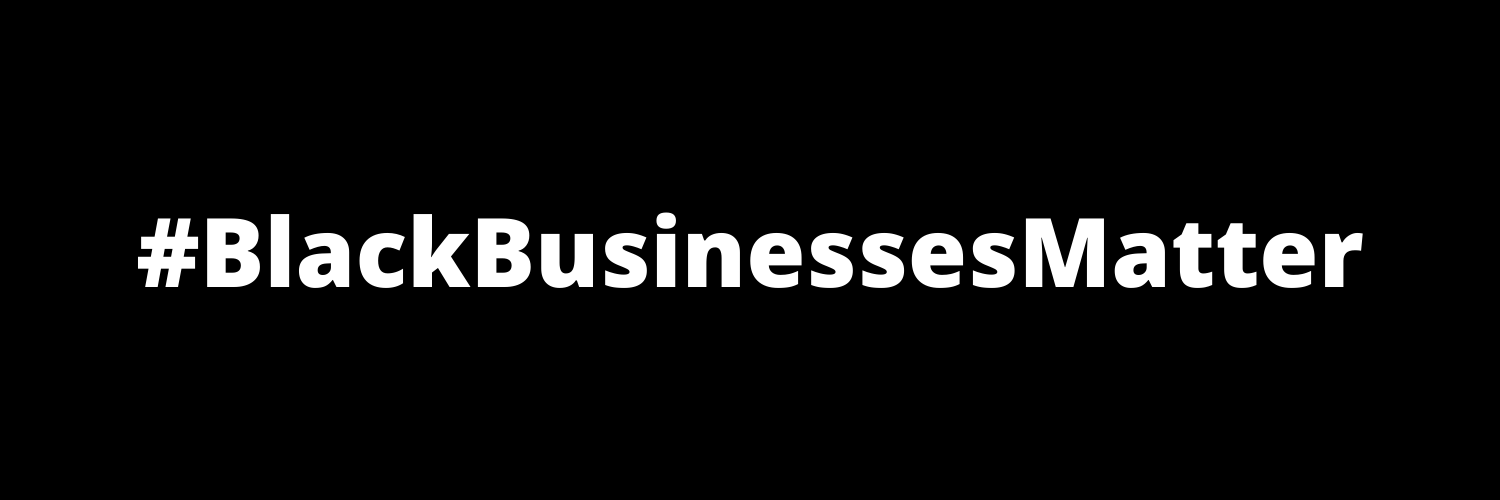Blogs

#BlackBusinessesMatter: Intersections of COVID-19 and Black Lives Matter
By Karlos L. Marshall
The intersections that exist between COVID-19 and the resurgence of Black Lives Matter protests have made the following African-American proverb readily visible: “when America catches the cold, Black America gets pneumonia.” COVID-19 and the killings of Blacks at the hands of police have created unforgettable economic turmoil and civil uprisings, which have pushed conversations that are routinely swept under the rug to the forefront of the nation’s consciousness. The racial disparities of these current crises are a direct microcosm — and not in isolation of — larger historical and systematic issues across a wide array of public and private injustices.
From inadequate healthcare opportunities to the barriers of access to SBA Paycheck Protection Program (PPP) loans, Blacks continue to be disproportionately victimized and traumatized by the ongoing virus of institutional racism and societal suffocation. Even with COVID-19 disaster relief programs aided by the government, we witnessed bank after bank prioritize “pre-existing” relationships and “underlying'' priorities that left Black founders on the outside looking in. Many entrepreneurs remained hopeful for secondary acts of recovery and tapped into the creative genes of melanin and survival as their businesses began to peril. The irony of it all is that Black people were blamed by the media and so-called medical experts, as to why Black communities have significantly higher COVID-19 death tolls. The stated reasons were conveniently “pre-existing” and “underlying” conditions, which demonstrated a paradox in the use of calculated language. This was nothing more than an attempt to deflect structural and personal accountability from those responsible for ensuring that Black Lives and Black Businesses Matter.
Barriers to financial resources and access to capital are not new occurrences brought on by the current pandemic. Based on a five-year study with more than 10,000 founders polled, only one percent of venture-backed founders were Black. These discriminatory practices are also prevalent among angel investors and traditional banks as well. According to Black Enterprise Magazine, this is a $4.4 trillion lost opportunity by excluding Black and women founders. The historical context and everyday examples are critical to understanding what we are currently witnessing, as the racial disparities across all indicators are not merely coincidental.
According to all reliable business publications and magazines, Black women are starting more businesses than any other demographic group in the country. Since 2007, Black women-owned firms have increased by 164% and they have done that despite intentional disenfranchisement from access to capital and other entrepreneurial services. This follows a legacy that has dismissed the contributions of Black women as industry leaders, vanguards, and the matriarchs of social change. Black Lives Matter was founded by three Black women, but yet we must demand that larger sectors of society #SayHerName. We must give more voice, visibility, and support to our Black women that are seeking to launch, grow, and sustain businesses and social ventures — because no entrepreneurial ecosystem can thrive if it does not recognize and give space to intersectionality.
Black Lives Matter never contended that other lives don’t, or even that Black lives matter more. For that would be contrary to the history of Black folks on this soil. We have always been preservers of lives for other racial groups; which has oftentimes come at our own expense and well-being. We were “essential workers” before that term ever became popularized. To add salt to an open wound, the Black working-class was quickly placed back onto the battlefield by jobs that do not even pay living wages — just to salvage what the county could during a certain economic collapse. Blacks are more likely to have essential jobs than other demographic groups. The same demographic of individuals that are deemed “essential workers” and required to risk their lives for the economy — had their businesses deemed non-essential when it came time to render life-saving measures in the form of publicly-funded aid to keep their businesses breathing.
Just as Patrisse Khan-Cullors, Alicia Garza, and Opal Tometi founded Black Lives Matter to give voice to the unheard, forgotten, and those rendered disposable, #BlackBusinessesMatter provides a platform to uplift and advance entrepreneurs and business owners that have been traditionally marginalized through archaic philosophies, policies, and practices. I am a champion and advocate for all entrepreneurs and business owners irrespective of race, gender, and/or creed — as long as their success is not rooted in the exploitation of others. Considering that, Black Businesses Matter will be an ongoing series of thought-provoking dialogues, information sessions, and anti-racist tools that give specific attention to the practices that adversely impact Black businesses, while also addressing the structural conditions that allow them to permeate.
Special thanks to my dear friend and colleague Dr. Castel Sweet for the editorial support
Karlos L. Marshall '15 is a social entrepreneur that works at the intersections of economic redevelopment, neighborhood revitalization, and youth advocacy. He is the Founding Manager of UD’s Greater West Dayton Incubator and the Co-Founder and President of The Conscious Connect, Inc. Karlos has been awarded a multitude of global recognitions including Forbes 30 Under 30.
